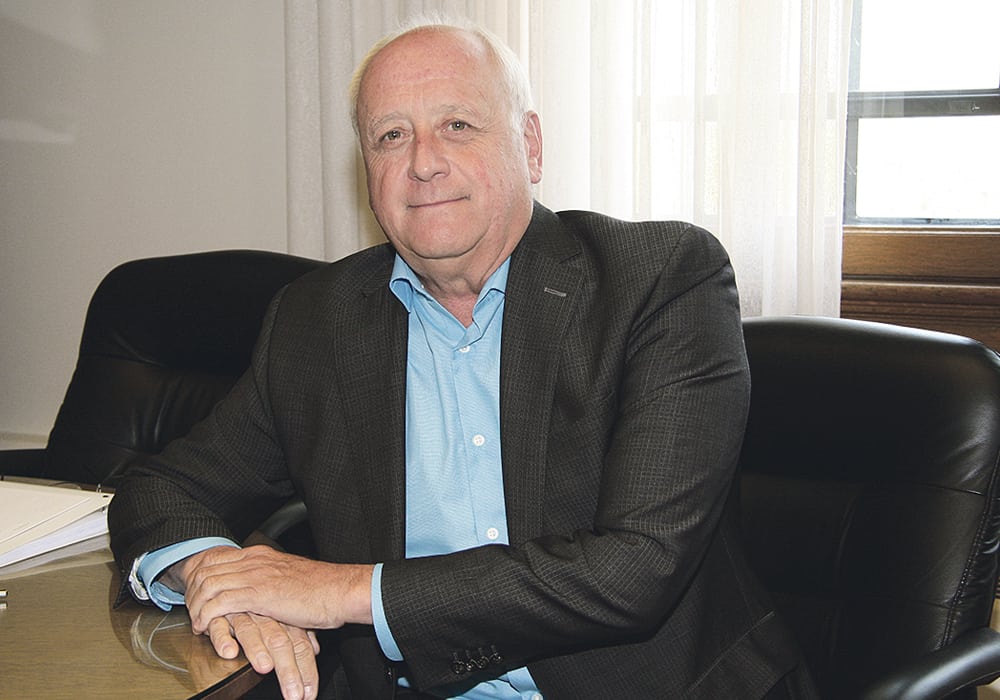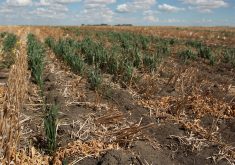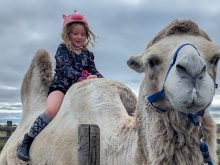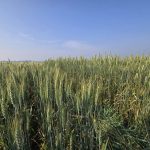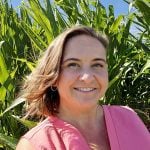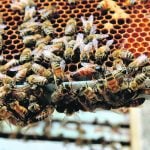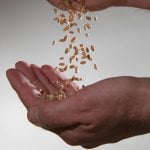David Marit is focused on tax deferrals for drought-induced cattle sales, the proposed neonic ban and grain transportation
Saskatchewan’s new agriculture minister is happy to fill the role, but not so happy about how the job came to be his.
David Marit, well known as the former president of the Saskatchewan Association of Rural Municipalities and most recently as highways minister, has taken over from Lyle Stewart because of the latter’s cancer diagnosis.
Stewart announced earlier this month that he was stepping down to undergo treatment for colorectal cancer. Four years ago he was successfully treated for prostate cancer.
“Obviously I wish Lyle still had this position; I mean, he was just phenomenal,” Marit said.
Read Also
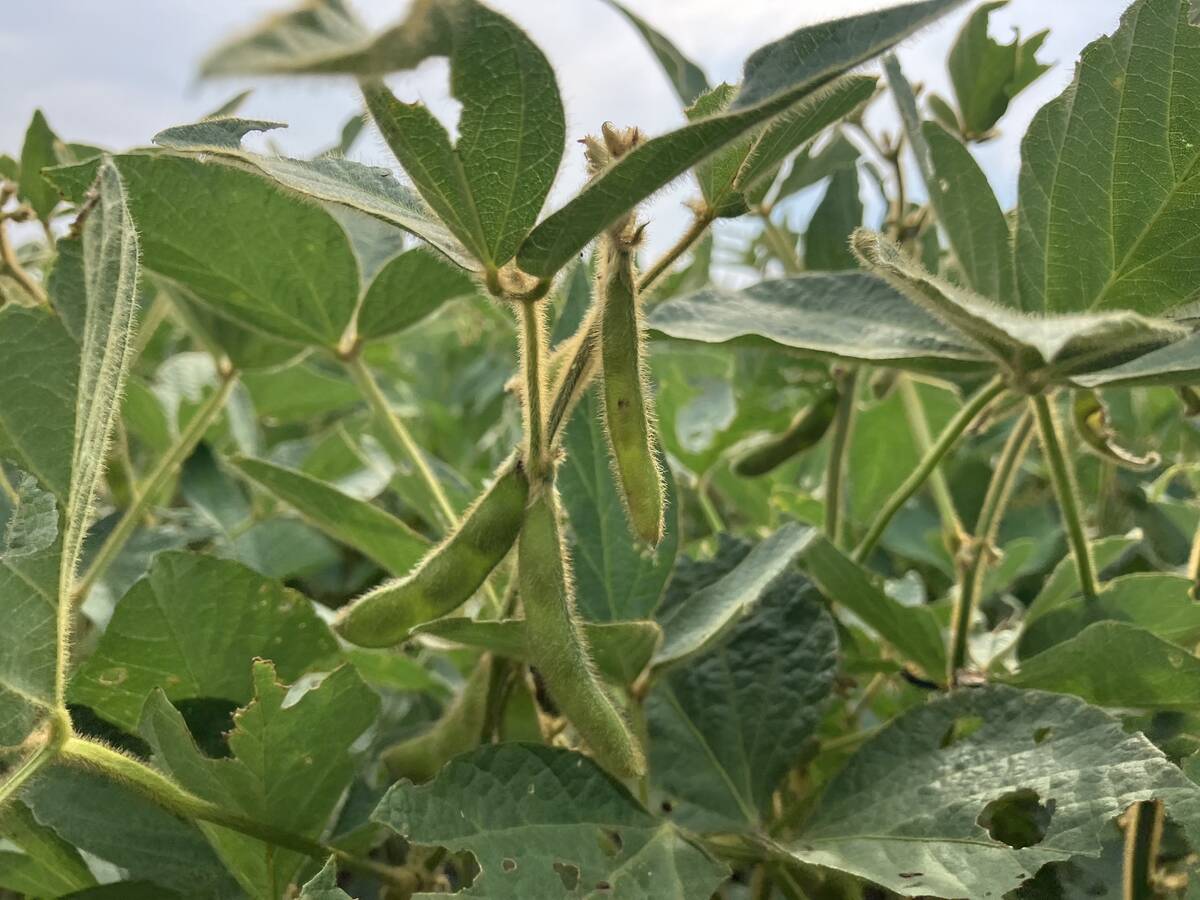
U.S. loses out on sales of soybean to China
U.S. soybean exporters risk missing out on billions of dollars worth of sales to China this year as trade talks drag on and buyers in the top oilseed importer lock in cargoes from Brazil.
“But to be given this by the premier … I never would have thought this would happen. It’s an honour. It really is.”
Marit farms in the Fife Lake area with his brother and has spent decades volunteering and serving on rural councils. He was SARM president from 2006 until his nomination as a Saskatchewan Party candidate in 2014.
He was elected the MLA for Wood River in 2016.
Marit said last week the dry conditions, particularly in his constituency, are at the top of his mind as he takes on the new portfolio. He had just spent a day harvesting lentils that were poorer than he expected.
“We’ve heard from cattle ranchers concerned about the hay and the price of it,” he said.
He attended an RM meeting in Hodgeville where he heard many farmers were cutting durum for greenfeed after crop insurance assessments.
“That’s going to be the issue, and Lyle has sent a letter to (federal Agriculture Minister Lawrence) MacAulay asking for the tax deferrals for livestock producers again,” he said.
“I think the big thing is, put it in as soon as possible so that (producers) know right now.”
Marit was to speak with MacAulay for the first time late last week.
He also said he expects challenges with the proposal to ban neonicotinoids, Roundup burnoffs and rail transportation.
Science and common sense should prevail when it comes to some of these issues, he added, and provincial investment in research is important.
One area he said he needs to brush up on is irrigation and how it works.
He is well versed in other water issues, however, including when there is too much water or not enough, and was involved in designing the Farm and Ranch Water Infrastructure Program the province offers.
Marit’s appointment was well received.
The Saskatchewan Stock Growers Association said members had confidence in his ability to lead the industry through challenges such as trade uncertainty and carbon pricing, given his strong background and cabinet experience.
“The SSGA looks forward to a good working relationship with the new minister as we work together to strengthen the livestock industry by enhancing the long-term competitiveness and sustainability of the sector,” president Bill Huber said in a news release.
Levi Wood, president of the Western Canadian Wheat Growers Association, also highlighted carbon tax and trade, as well as grain grading and transportation, as issues the organization would work on with the minister.
“We also thank the Honourable Lyle Stewart for all that he has done for agriculture in Saskatchewan and wish him the very best as he battles his illness,” he said.
Marit said he hoped relationships he has built over the years will continue.
“One thing I’ve always believed in when I was with SARM and even here (is) that when you can have very frank discussions behind closed doors and work issues out, that’s the way to do it,” he said.
“Obviously, at times we probably will have challenges where we may not agree, but we have to find solutions.”
He wished all farmers a safe harvest season, especially because fire risks remain high.
“All we can hope is that everybody is really taking precautions,” he said.




